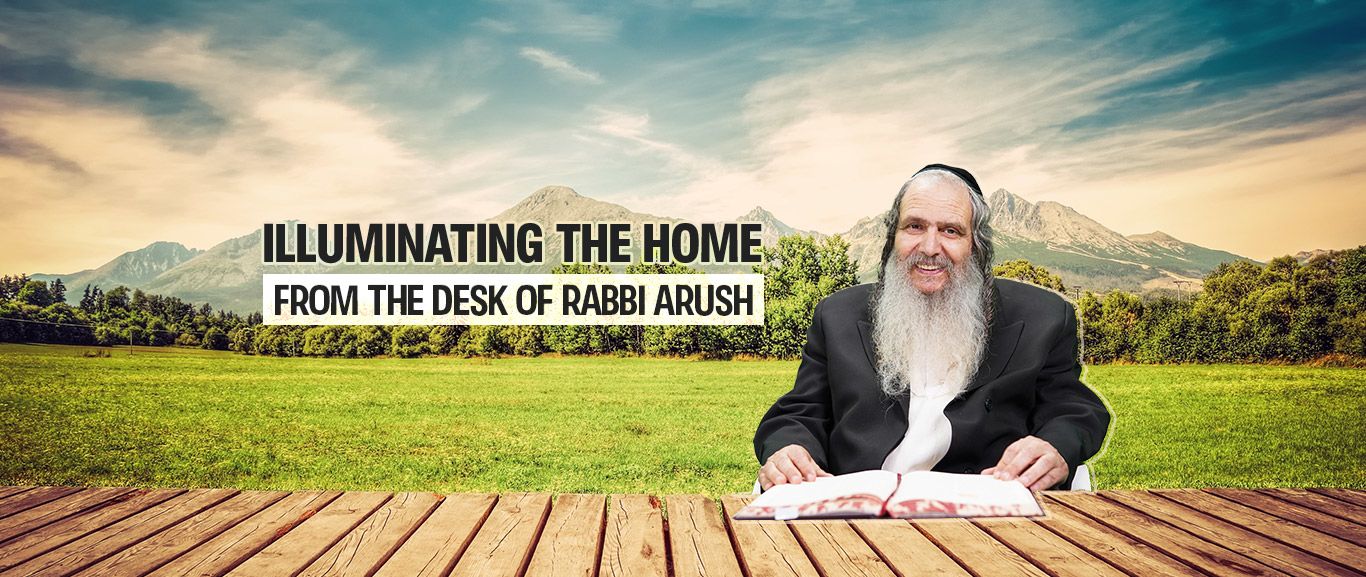
Illuminating the Home
The world offers the faithful Jew a false morality, a tempting world of wisdom, enormous salaries, and attractive culture pastimes. What can we do to inoculate our children against them?

Translated from Rabbi Arush’s feature article in the weekly Chut shel Chessed newsletter. The articles focus on his main message: “Loving others as yourself”.
The Happiest Children in the World
The poverty in Rabbi Aharon’s home was so great, that in the winter the walls were coated with ice. And where was he? He would get up at midnight, go out for a hitbodedut (personal prayer) in the snow-covered fields around the city, and from there to a dip in the mikvah and to tefillat Shacharit (morning prayers) that sometimes lasted hours. From there he would go on to his studies until Mincha and Ma’ariv (afternoon and evening prayers). All this was done with a burning inner fire and otherworldly enthusiasm, and usually without eating anything, unless he was lucky and someone brought a few slices of bread or a few vegetables to the beit midrash (study hall) to feed the poor students there.
His world consisted of serving Hashem, and that was the joy of his life; this world didn’t interest him in the least. But still, he ought to bring something home – at home were his destitute wife and daughters. They did not have the light of Torah and tefilla like he had. From where would they receive their basic material needs?
But, even if Rabbi Aharon would come home without a penny, he would bring with him an immense wave of light and joy, and an abundance of love and emuna (faith). Whoever didn’t see Rabbi Aharon returning home after a day of serving Hashem, couldn’t know what true joy was. Night might be casting its darkness on the entire village, but in the home of Rabbi Aharon there was light and joy. He would bring with him all the fire and light of his Torah and tefilla, and would sing and dance with the children, exuding such great joy, that there were no children happier than his in the entire village.
Even the daughters of the village’s wealthiest person would walk around sour-faced. Their father gave them everything, but they kept telling him: “We have no idea what that poor Breslever gives his daughters, but it’s something that you apparently are withholding from us. See for yourself how happy they are, how pleased they are…”
And indeed, the atmosphere in the home of Rabbi Aharon of Kibelitch was not one of misery, want, and poverty. For his daughters, the tremendous love, the fiery faith and the pride in who they were brought about inner happiness and protected them from all the foreign influences that were making their way in at the time. And while many of their peers got caught up in the new ways, the pious Kibelitch daughters created fine Jewish homes with the same love, joy, and devotion they had inherited from their father.
Who Leaves Paradise?
During the times of the wicked Greek rule, no physical threat was aimed at the Jews. The Greeks were merely offering the Jews the chance to “upgrade”, to adopt a colorful culture of impressive wisdom along with exciting sports and cultural events. Whoever chose that way was admired by society and lived an attractive, glamorous life. And so, many of our Jewish brethren found themselves deserting the light of the Divine Torah wisdom for the sake of the darkness of the Greek wisdom; leaving the noble culture of holiness and purity for the sake of an animal-like, vulgar culture.
I’ve been asking myself for years: Could that be? How could that be? How could a Jew who every morning thanks Hashem for “not making me a non-Jew”, and who says “You have loved us with eternal love” – how does he leave this Gan Eden, this paradise?
This is not just a historical question about those days of old, but rather a question relevant to our lives at every moment, not to mention to our children’s education.
If we understand what lack in that generation caused the Jews to leave the path of light, we will be able to understand what we need today in order to protect ourselves and our children from the temptations of our generation. Today, too, the world outside offers the faithful Jew a new world of values that boasts a false morality, a glamorous, tempting world of wisdom, enormous salaries and an attractive culture. If we cannot understand what Rabbi Aharon gave his children, and what Matityahu, the High Priest, gave his family and his handful of fighters, we will not know how to inoculate ourselves against the foreign trends of our generation.
Religion or Faith?
Hashem enlightened me, and thanks to that, I understand that what was lacking was faith. Because one can leave a “religion”, but one cannot leave a faith!
What is religion? Religion is a set of religious laws, religious social frameworks, religious rituals – one can leave all this when one finds an alternative, as happened to all the cultures and religions throughout time. But one cannot leave a faith. What is faith? Faith is the true connection with the Creator of the World! A true connection with the Creator has no price and no substitute. For the true believer who is connected to the Creator – anything you offer him doesn’t even begin to be a trial or a test to his faith.
And emuna (faith) is not only to believe that there is a Creator to the world; that is obvious. It is just the beginning of the beginning. Complete faith is to believe that the Creator loves you. That the Creator believes in you. He loves you in any situation, regardless of the price. He boasts about you, He is proud of you, is with you, accompanies you, is concerned for you like a father is concerned for an only child.
When a Jew lives the complete emuna, in other words, when he feels loved, feels that he has an unlimited, eternal worth, he will never leave it. “Were any man to offer all the treasure of his house in exchange for love, he would be laughed to scorn.” (Song of Songs 8:7) There is no substitute for true love. Complete faith is connection and attachment. A strong feeling of true love between the Creator and the created.
That is our Judaism. That is the Judaism that withstands all the tests of the generations, and no wind in the world can move it from its place.
Light, Sweetness, and Hope
And therefore we, for ourselves, and all the more so as parents – we must not leave our Judaism on the level of a religion and as only a set of laws. Of course, we may not budge at all from any article in the Shulchan Aruch, but for our Judaism to persevere, we must feel the soul of all the halachot, to live and experience the inner light of all the laws – and make the utmost efforts to pass it on to the next generation.
We must not forget that Judaism is an immense light. Parents think that the education of the children regarding the holiness of Shabbat begins and ends with the laws of Shabbat and with “This is forbidden and that is forbidden, don’t touch and don’t breathe” – how do expect their child to receive the light? If all the Judaism he knows consists of being nervous and attending to the details, and he has no connection with the Creator and no feeling of pleasantness and true sweetness – how do you expect him not to leave that way on the day he “discovers the world”?
Remember that your children, just like you, are searching for sweetness in life. They will remain where they will feel it. Give them a sweet and light-filled Judaism, and they will never leave it. A light-filled Judaism is a Judaism of real and personal connection with the Creator, and a connection of love and joy. Emuna comes from the same word as eimun (trust). Teach them to trust the Creator, and, no less important – teach them that the Creator trusts them and loves them in any situation.
Know that your children, too, will have down times, and the only thing that will protect them during those failures and down times will be the connection with the Creator. If you and your children know how to get up after a fall and run to the loving Creator – you and they will always be able to get up. But if after sinning a Jew feels that the Creator doesn’t want him, chalila, then he is in a serious danger that his failings will become a complete collapse and loss of identity.
Chanuka is the holiday of light. And Chanuka is also connected to chinuch, education. This teaches us that education is not like training an animal; rather, it is giving light. This is the time to give to ourselves and to our family a true light, a light of emuna, of hope, of truth, and with that that they will overcome all the trials of this generation effortlessly.



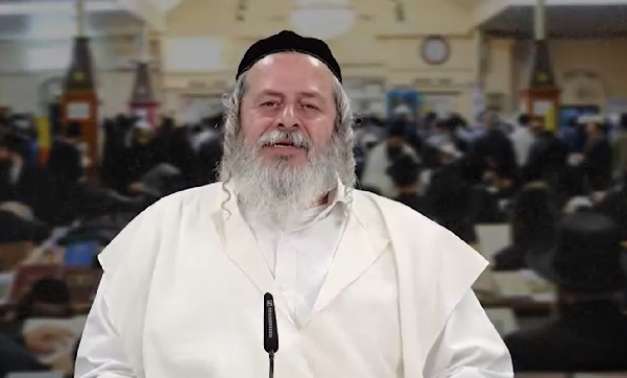
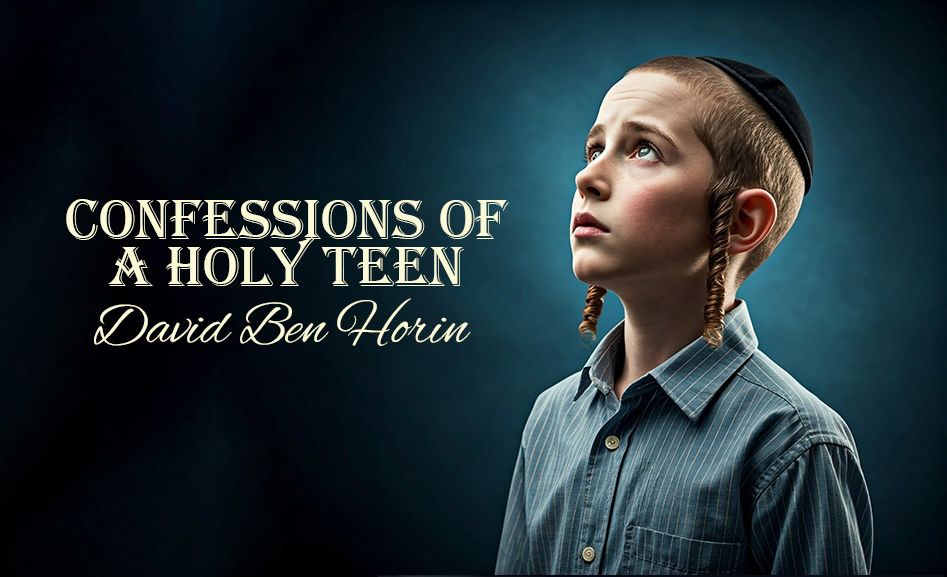
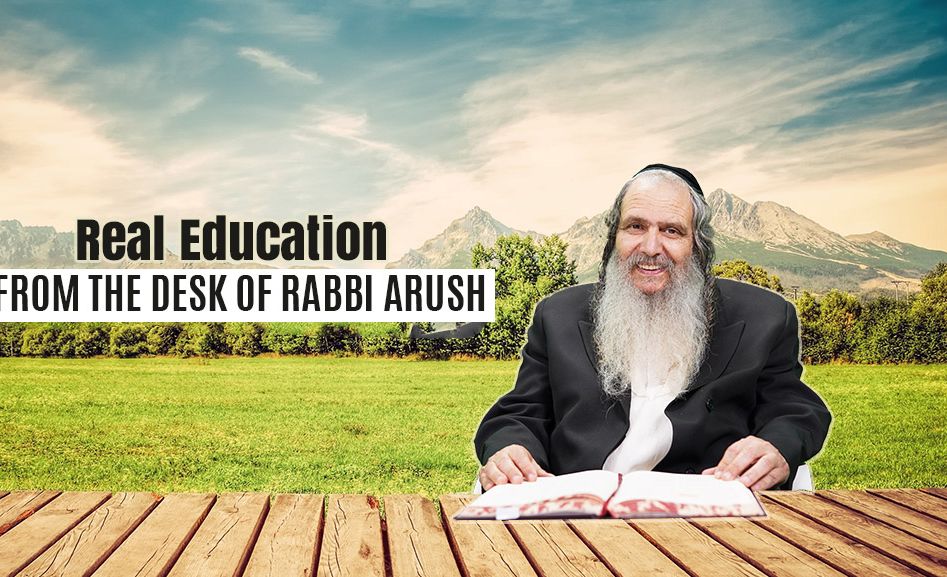
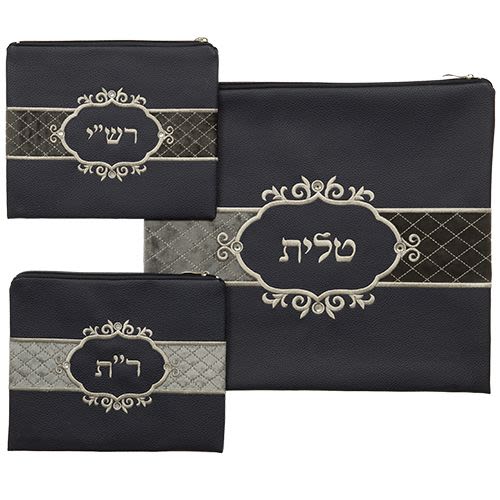

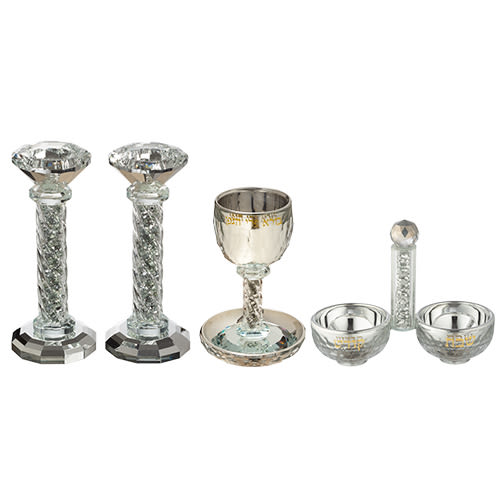

12/29/2022
Efectivamente, el someterse a todos y cada uno de los preceptos religiosos, aparte de ser imposible, es un camino infructuoso que nos lleva al desánimo y, con el, a la frustración hasta llegar a sentirnos impotentes y terminar dejando la religiosidad…hasta que algun suceso (por lo general desagradable) nos haga retornar a la autentica emuna
12/28/2022
Hermoso testimonio, inspirador y real para nuestra Emunah.
Somos La Luz y Sal en este mundo.
Brillemos siempre con Dulzura y esperanza
Para Alabanza del nombre de Hashem
Gracias Aba por tanto Ahava y Emunah